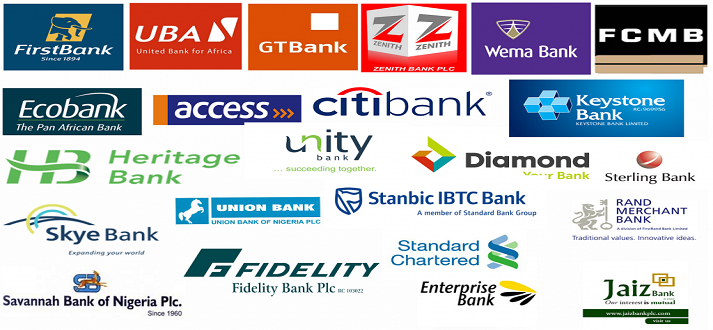Moody’s Investors Service has placed on review for downgrade the long-term ratings of 3 Nigerian banks — Access Bank plc (Ba3/B1 RUR down, b2 RUR down), Sterling Bank plc (B2 RUR down, b3 RUR down) and Bank of Industry (Ba3 RUR down).
The reviews are driven by assessment of the potential weakening of the Nigerian government’s capacity and willingness to provide support to the banks in times of stress, if needed, according to Moody’s.
At the same time, the baseline credit assessments (BCAs) of Access Bank plc and Sterling Bank plc, the two commercial banks Moody’s rates in Nigeria, have also been placed under review for downgrade to reflect: (1) the increasing risk posed by the direct and indirect exposures of the banks to the oil sector; and (2) the negative implications of low oil prices on the domestic economy more broadly, as reduced fiscal spending and currency devaluation pose additional asset quality risks as well as funding and liquidity challenges.
The reviews of the banks’ ratings were triggered by the weakening of Nigeria’s credit profile, as captured by Moody’s placement of the government’s issuer rating on review for downgrade on March 4, 2016.
The other key driver of today’s review for downgrade relates to the weakening of the Nigerian economy and the potential transmission of pressure onto borrowers and, ultimately, the banks themselves.
Oil prices have deteriorated substantially and have reached nominal price lows not seen in decades.
“We see a risk that prices may recover much more slowly over the medium term than many companies had expected. Even under a scenario of a modest recovery from the current oil prices, however, we expect a range of borrowers to face deteriorated financial profiles, with weaker cash flows. In this context, the risk of mutually reinforcing negative pressure between different parts of the economy and the banks is growing. Weaker oil-related economic activity has already pressured economic activity and currency weakness has further contributed to a rise in risk aversion and a tightening of funding conditions,” Moody’s said.
